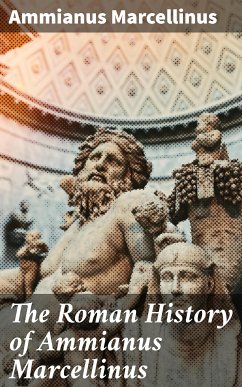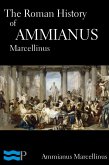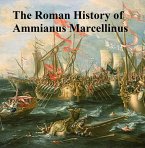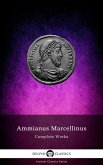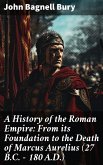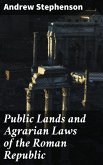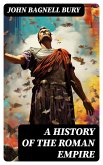In "The Roman History of Ammianus Marcellinus," the author delivers a comprehensive chronicle of Roman history from the reign of Nerva (96 CE) to the death of Valens at the Battle of Adrianople in 378 CE. This monumental work, characterized by its rich, classical prose and meticulous attention to detail, exposes the complexities of Roman political and military life while also reflecting on cultural and social changes. Marcellinus employs a unique blend of first-person narrative and erudite commentary, placing significant emphasis on his contemporary events, thereby situating his account within a broader literary context that is both historical and philosophical, drawing parallels with earlier historians while also striving for greater accuracy and liveliness in his narrative. Ammianus Marcellinus, a Roman soldier and historian of Greek descent, wrote this work in the late fourth century, experiencing firsthand the tumultuous events he recorded. His background as a participant in the military affairs of his time and his exposure to diverse cultures provided him with a distinctive perspective on the decline of Roman power, articulating both admiration and criticism of its institutions and leaders. His deep understanding of historical sources and previous authors informs his approach, marking him as a pivotal figure in the transition from classical to medieval historiography. "The Roman History of Ammianus Marcellinus" is essential reading for anyone interested in the intricacies of Roman history and the complexities of human nature as depicted through time. Scholars and enthusiasts alike will appreciate Marcellinus's candid observations and critiques, making it not only a historical account but also a reflection on the enduring themes of power, morality, and the fragility of civilization.
Dieser Download kann aus rechtlichen Gründen nur mit Rechnungsadresse in A, B, BG, CY, CZ, D, DK, EW, E, FIN, F, GR, H, IRL, I, LT, L, LR, M, NL, PL, P, R, S, SLO, SK ausgeliefert werden.

